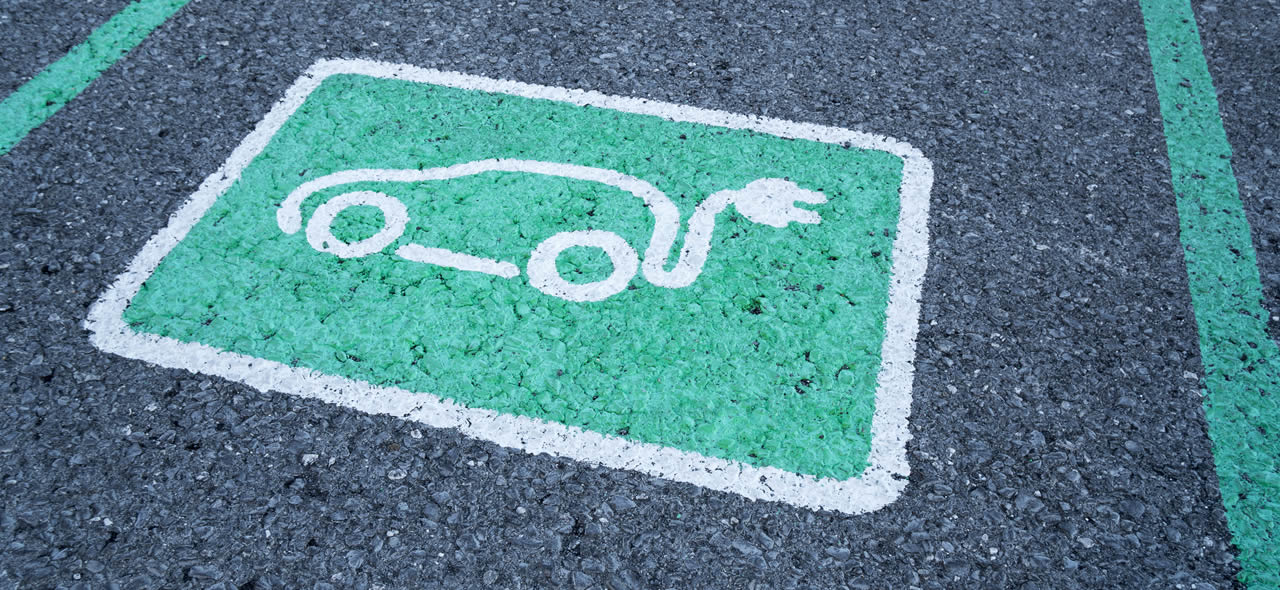
Countries around the world are making significant strides in eliminating conventional cars in favor of vehicles that operate on electricity. While the idea behind this agenda centers on protecting the environment, it also raises the question of whether or not electric cars actually deliver on their promises. Some studies suggest that electric cars are not actually as green as touted by their manufacturers and environmental advocates.
The initial studies conducted on electric cars thus far show that they are more or less greener in key ways than conventional cars. For example, they have fewer greenhouse carbon emissions than conventional automobiles. They generate less gas than cars with combustion engines.
Further, electric cars use two-thirds of the energy of combustion engine vehicles. They can travel the same distance and technically uses the same fuel as regular cars. However, it uses less fuel and emits fewer gases than conventional vehicles.
While these early studies show promise of electrical cars being more environmentally friendly, they may not be able to deliver on their promises to protect the air, water, and soil for years. In the meantime, critics of these cars say that these early studies essentially show that it could make more sense to continue gasoline-powered cars until the manufacturing of them improves.
The reality of electric car manufacturing cannot deny that the cars as well as their batteries are made in factories that rely on fossil fuels like coal and gasoline for their sources of power. The factories themselves emit significantly high amounts of greenhouse gases. They leave behind immense carbon footprints that rival any of the damage that conventional cars inflict on the environment. In fact, critics of these cars say the factories in which they are made are worse for the environment than gas-powered cars.
Further, critics of electrical cars also say the batteries themselves for these cars are made from resources that are limited and cause damage to the environment as well. Even though the batteries are rechargeable and save the cars from using high amounts of gas, the batteries are made in factories that have some of the biggest pollution grids in the world.
Finally, the batteries are made in countries like Poland, Germany, China, and Thailand, which are all saying they are going to ban combustion engine cars in the near future. However, the fact that they allow electrical car batteries to be made in factories that release as much if not more pollution than combustion engine cars make them hypocrites, at least according to critics of these vehicles.
Critics show that electric cars are essentially emission free while they are on the road. However, they still discharge significant amounts of carbon dioxide in the same way as conventional cars. With that, some scientists say it would make more sense for people to continue to drive diesel or gas-powered cars. People would not contribute to the damage of the environment to any greater length than if they were to buy and drive an electric car that was made at a fossil fuel-powered factory.
Proponents for electric cars say that there are plenty of reasons for why people should make the switch from combustion engine vehicles. To start, electric cars do not make as much noise as conventional automobiles. They are quieter and create less noise pollution, which can be a plus for people who live in cities with lots of traffic.
Second, electric cars emit less NOX gas, which like nitrogen oxide that comes from diesel engines and is dangerous to both the air quality and the health of humans. This plus combined with the likelihood of electric car and battery manufacturing plants changing over to hydro-electric power rather than using fossil fuels could soon make these vehicles worth the investment for buyers who are concerned about the environment. The factories that switch to hydro-electric power should cut emissions by 65 percent and generate 60 percent less carbon dioxide.
Until electric cars are truly greener than combustion engine vehicles, manufacturers are being encouraged to reveal both perks and cons of the vehicles to buyers. While they are being made in factories with huge carbon footprints, these so-called green cars still have a negative impact on the environment. Once factories switch hydro-electric power to make batteries and the cars themselves, these vehicles could then be capable of delivering on their environmentally-friendly promises.